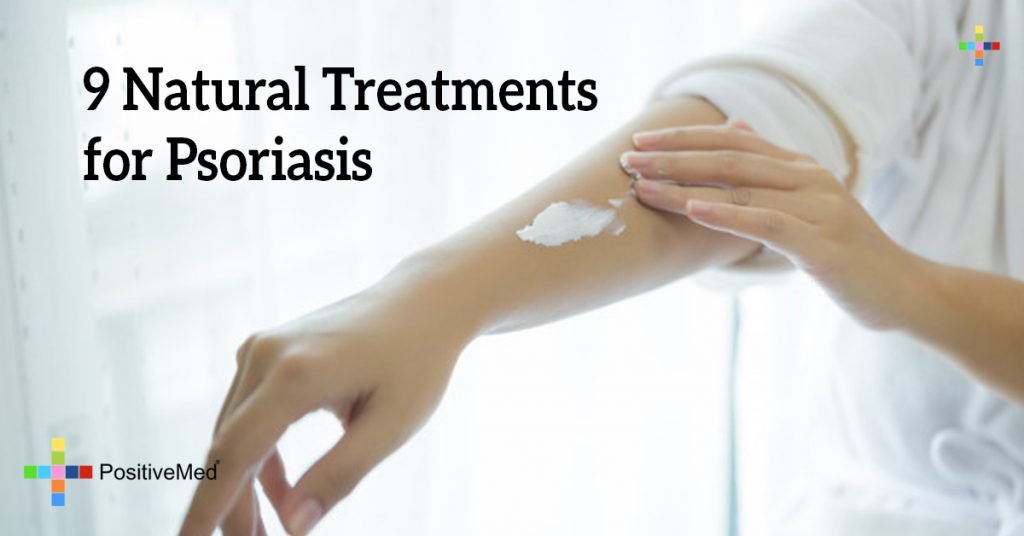
Home Treatments for Psoriasis
By Khrystyana Kirton
Edited by Stephanie Dawson
Reviewed by Nima Shei MD
Although self-help measures won’t cure psoriasis, nothing will, they may help improve the appearance and feel of damaged skin. These measures may be of some benefit:

- Take daily baths. Bathing daily helps remove scales and calm inflamed skin. Add bath oil, colloidal oatmeal, Epsom salts, or Dead Sea salts to the water and soak for at least 15 minutes. Avoid hot water and harsh soaps, which can worsen symptoms; use lukewarm water and mild soaps, like Castile soap, that have added oils and fats.
- Use moisturizer. Blot skin after bathing, then immediately apply a heavy, ointment-based moisturizer while your skin is still moist. For very dry skin, oils may be preferable — they have more staying power than creams or lotions do and are more effective at preventing water from evaporating from your skin. During cold, dry weather, you may need to apply a moisturizer several times a day.
- Cover the affected areas overnight. To help improve redness and scaling, apply an ointment-based moisturizer to skin and wrap with plastic wrap overnight. In the morning, remove the covering and wash away the scales with a bath or a shower.
- Expose skin to small amounts of sunlight. A controlled amount of sunlight can significantly improve lesions, but too much sun can trigger or worsen outbreaks and increase the risk of skin cancer. If sunbathing, it’s best to try short sessions three or more times a week. Keep a record of when and how long you’ve been in the sun to help avoid overexposure, and be sure to protect healthy skin with a broad-spectrum sunscreen with an SPF of at least 15. Apply sunscreen generously, and reapply every two hours — or more often if swimming or perspiring. Before beginning any sunbathing program, ask a doctor about the best way to use natural sunlight to treat the skin.
- Apply medicated cream or ointment. Apply an over-the-counter cream or ointment containing hydrocortisone or salicylic acid to reduce itching and scaling. If there’s scalp psoriasis, try a medicated shampoo that contains coal tar. For best results, follow label directions.
- Avoid psoriasis triggers, if possible. Find out what triggers, if any, worsen your particular psoriasis and take steps to prevent or avoid them. Infections, injuries to the skin, stress, smoking, and intense sun exposure can all worsen psoriasis.
- Avoid drinking alcohol. Alcohol consumption may decrease the effectiveness of some psoriasis treatments.
- Eat a healthy diet. Although there’s no evidence that certain foods will either improve or aggravate psoriasis, it’s important to eat a healthy diet, particularly when you have a chronic disease. A healthy diet includes eating a variety fruits and vegetables of all colors and whole grains. If you eat meat, focus on lean cuts and fish. If you think certain foods make your symptoms better or worse, keep a food diary to see what effect different foods have.


9. Alternative medicine
Many alternative therapies are available to ease the symptoms of psoriasis, including special diets, creams, dietary supplements and herbs. Some alternative therapies are deemed generally safe, and they may be helpful to some people in reducing signs and symptoms, such as itching and scaling.
- Aloe vera. Taken from the leaves of the aloe vera plant, aloe extract cream may reduce redness, scaling, itching and inflammation. You may need to use the cream several times a day for a month or more to see any improvements in your skin.
- Fish oil. Omega-3 fatty acids found in fish oil supplements may reduce inflammation associated with psoriasis, although results from studies are mixed. Taking 3 grams or less of fish oil daily is generally recognized as safe, and you may find it beneficial.
- Coconut oil. Coconut oil is a powerful moisturizer that is beneficial to restoring dry or flaking skin. Unlike the average moisturizer that contains a lot of water and likely synthetic ingredients, coconut oil helps to strengthen skin tissue more deeply and eliminate dead skin cells while absorbing quickly into the skin.
If considering dietary supplements or other alternative therapy to ease the symptoms of psoriasis, consult a doctor. They can help weigh the pros and cons of specific alternative therapies.
Disclaimer: This article is for informative purposes only, and should not be used as a replacement for expert medical advice.
SOURCES
Skin Benefits of Coconut Oil, LiveStrong
–
Psoriasis, MedlinePlus
–
Psoriasis, WebMD
–
Psoriasis, National Library of Medicine
–







